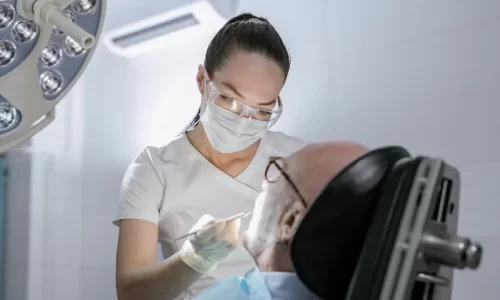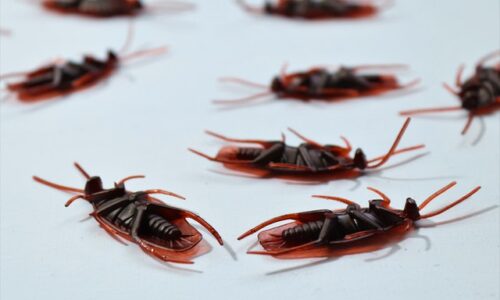
Snoring is an irritating medical condition that can affect anyone. It tends to get worse with age and happens more often in people who are overweight. Once in a while snoring is not a serious problem but it can become a real nuisance for your bed partner if you are a long-term snorer. It can disrupt your sleep patterns and hurt your sleep quality. If you snore at a high pitch, you might need medical help so that your family members can get a good night’s sleep.
Diagnosis for snoring can be done by a sleep medicine physician who will recommend a home sleep apnea test, or in some cases an in-lab sleep study. A board-certified sleep physician is specially trained to diagnose sleep apnea. He will ask about your medical history and you will be required to undergo a physical examination to look for things that could block your airways, like a deviated septum or swollen tonsils. Certain medical tests might also be required like Imaging tests, X-ray, MRI scan, or CT scan to look for blockages in your airways. You might have to spend a night in the lab for a polysomnography test that will measure things like your heart rate, breathing, and brain activity while you sleep.
There are several treatment options available to cure the snoring problem which includes natural treatments and medical treatments:
Continuous positive airway pressure (CPAP) machine is a popular medical device used to eliminate snoring and prevent sleep apnea. It delivers just enough air pressure to a mask to keep your upper airway passages open. Making lifestyle changes can go a long way in preventing snoring. Losing weight by exercising regularly, stop smoking, and avoiding alcohol at bedtime are some of the measures to control high-pitch snoring.
There are some oral appliances available to prevent snoring which includes an anti-snoring pillow, nasal strips, or an external nasal dilator that keeps your airways open by moving your jaw or tongue. Stick-on nasal strips can be placed on the bridge of the nose to help increase the space in the nasal passage. This can make your breathing more effective and reduce or eliminate your snoring. A nasal dilator is a stiffened adhesive strip that is applied on top of the nose across the nostrils. This can decrease airflow resistance making it easier to breathe. The anti-Snoring pillow works due to a specially designed, inflatable head-side roller that induces sleep. Regular use of the pillow provides a therapeutic and durable anti-snoring solution.
Several surgical procedures can help stop snoring by removing or shrinking tissues in the throat, or by making the soft palate stiffer. UPPP is a surgical procedure done under local anesthesia that involves removing some of the soft tissues in the back and top of the throat. This includes the uvula, which hangs at the throat’s opening, as well as some of the throat walls and palate. This makes breathing easier by keeping the airway more open. Somnoplasty is a minimally invasive procedure to reduce the soft tissue in the upper airway or back of the throat. Tonsillectomy is also a popular medical procedure for removing the tonsils to prevent snoring.




